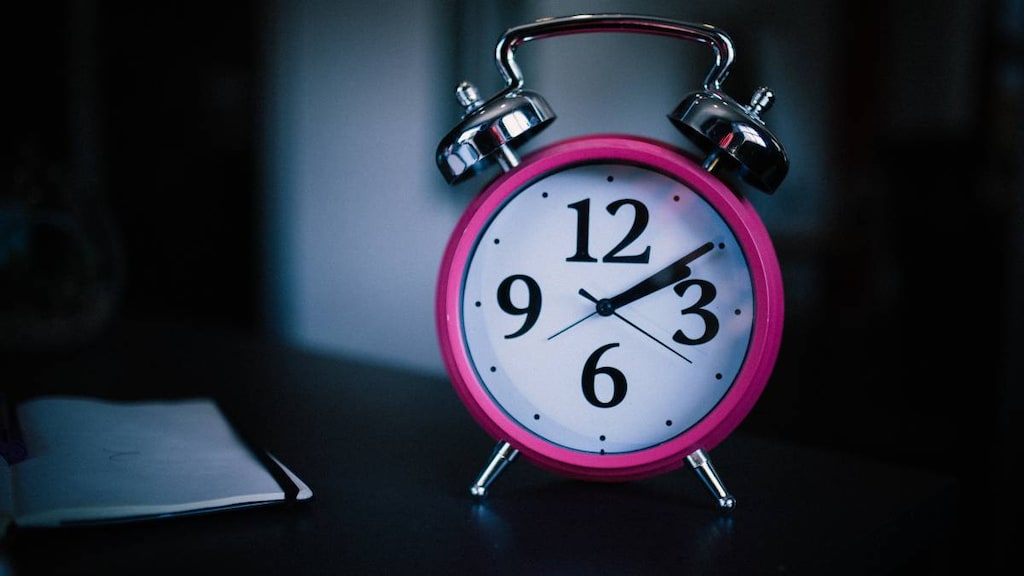
What is nocturia?
Nocturia is the medical term used to describe frequent urination at night.
Normally, our bodies concentrate our urine at night, meaning that most people can sleep for six to eight hours without having to go to the toilet. People with nocturia must get up more than once during the night to urinate. Nocturia can disturb sleep and be the sign of another medical condition.
What causes nocturia?
Nocturia can occur because of lifestyle factors or because of an underlying medical condition. Common causes of nocturia include:
- Anxiety
- Bladder prolapses
- Cancer of the bladder, pelvis, or prostate area
- Diabetes
- Drinking too much fluid before bedtime, especially coffee, caffeinated beverages, or alcohol
- Kidney infections
- Medications, such as diuretics
- Neurological conditions, such as multiple sclerosis (MS), or Parkinson’s disease
- Nocturia is also common in people with organ failure, such as heart or liver failure.
- Obstructive sleep apnea
- Overactive bladder syndrome
- Pregnancy
- Prostate enlargement or infection
- Urinary tract infections (other symptoms include burning sensations and urgent urination).
People who are more likely to develop Nocturia include those of an older age.
What are the symptoms of nocturia?
Symptoms of nocturia include:
- Getting up more than once to urinate at night-time
- Disrupted sleep and daytime sleepiness.
Some people sleep poorly and will go to the bathroom whenever they awaken. Typically, it is not the need to urinate that awakens them.
How is nocturia diagnosed?
To help your doctor diagnose nocturia, you can keep a fluid and voiding diary for two days. Write down how much you drink, how often you must go to the bathroom, and try to estimate your urine output. Include any medications you are taking, if you currently have a urinary tract infection and any other related symptoms.
Your doctor will listen to your symptoms and perform a physical examination. They may test your urine for infection.
How is nocturia treated?
Treatment depends on the cause of the nocturia. Changes to a person’s lifestyle might be all that is needed for nocturia caused by lifestyle choices. Other treatments may include:
- Antibiotics to treat an infection
- Reducing consumption of alcoholic and caffeinated beverages
- Restricting fluid intake in the evening (especially coffee, caffeinated beverages, and alcohol)
- Timing the intake of diuretics (no later than mid- to late afternoon, at least six hours before bedtime).
- Elevating the legs to reduce fluid accumulation
- Wearing compression stockings
- Medications such as anticholinergics, diuretics, or desmopressin.
If you are unable to urinate at all, you should seek medical attention urgently.




